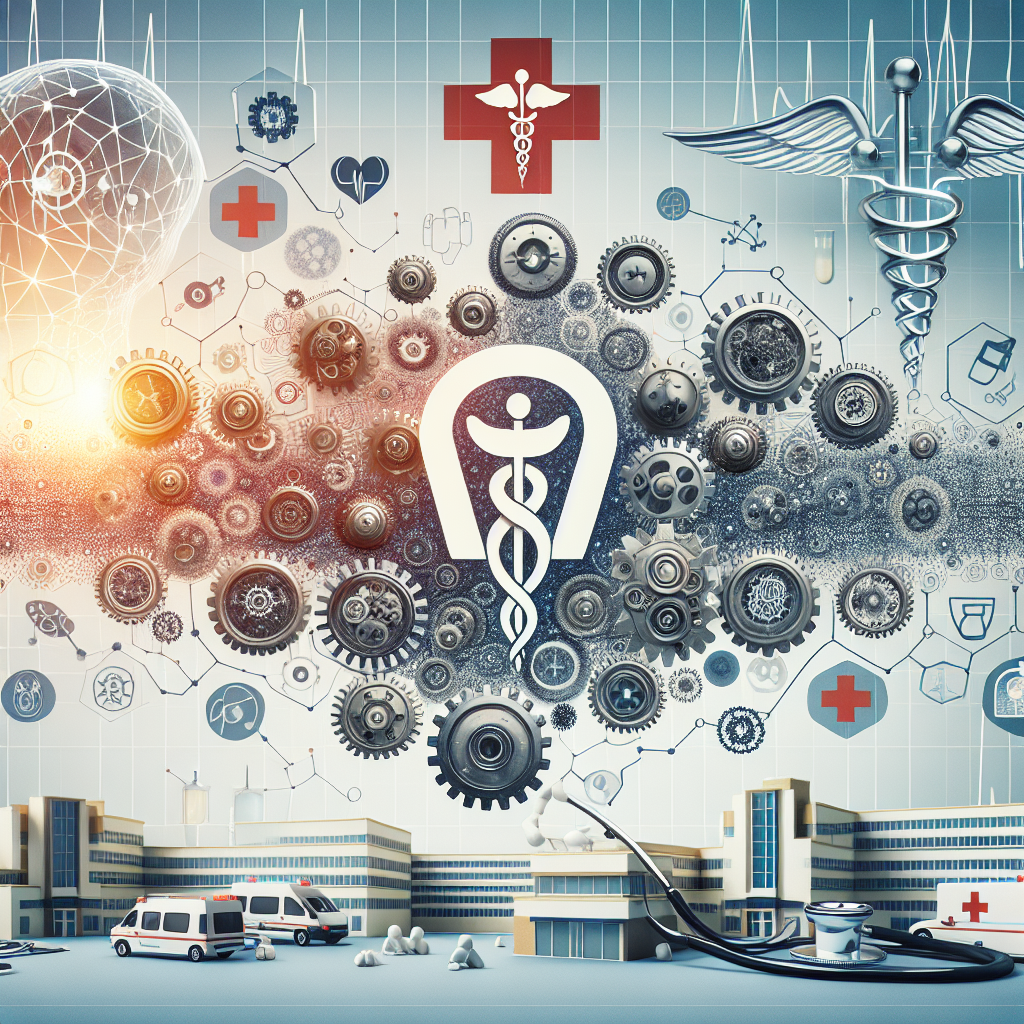Artificial Intelligence (AI) is transforming industries around the world, and healthcare is no exception. In recent years, the use of AI in healthcare has grown exponentially, with advancements in technology revolutionizing the way medical professionals diagnose, treat, and care for patients. From early detection and diagnosis of diseases to personalized treatment plans and precision medicine, AI is changing the face of healthcare as we know it. In this article, we will explore the various ways AI is revolutionizing the medical field and the benefits it brings to both patients and healthcare providers.
Early Detection and Diagnostics
One of the most significant ways AI is revolutionizing healthcare is through its ability to assist in early detection and diagnosis of diseases. AI algorithms can analyze large volumes of medical data, such as images, scans, and patient records, to identify patterns and detect abnormalities that may not be visible to the human eye. This can lead to earlier diagnosis of diseases such as cancer, diabetes, and heart conditions, increasing the chances of successful treatment and improving patient outcomes.
Personalized Treatment Plans
AI is also revolutionizing healthcare by enabling personalized treatment plans for patients. By analyzing genetic data, medical history, and other factors, AI algorithms can recommend customized treatment options that are tailored to individual patients’ needs. This can help healthcare providers deliver more effective and targeted care, leading to better outcomes and improved patient satisfaction.
Precision Medicine
Another area where AI is making a significant impact is in the field of precision medicine. By analyzing large datasets of genetic and clinical information, AI algorithms can identify specific biomarkers and genetic mutations that may be linked to certain diseases. This allows healthcare providers to develop targeted therapies and treatment plans that are more effective and have fewer side effects. Precision medicine has the potential to revolutionize the way we treat diseases and improve patient outcomes across a wide range of medical conditions.
Enhanced Medical Imaging
AI is also transforming the field of medical imaging by improving the accuracy and efficiency of diagnostic imaging techniques. AI algorithms can analyze medical images, such as X-rays, MRIs, and CT scans, to detect abnormalities and assist radiologists in making more accurate diagnoses. This can help reduce errors and discrepancies in medical imaging, leading to faster and more reliable diagnoses for patients.
Improved Patient Care and Outcomes
Overall, the use of AI in healthcare is leading to improved patient care and outcomes. By enabling early detection and diagnosis of diseases, personalized treatment plans, precision medicine, and enhanced medical imaging, AI is helping healthcare providers deliver more effective and targeted care to patients. This can lead to better treatment outcomes, reduced healthcare costs, and improved patient satisfaction.
Conclusion
AI is revolutionizing the medical field in ways we never thought possible. From early detection and diagnostics to personalized treatment plans and precision medicine, AI is changing the face of healthcare and improving patient outcomes across a wide range of medical conditions. As the technology continues to advance, we can expect even more exciting developments in the field of AI in healthcare.
FAQs
What are some examples of AI Applications in healthcare?
Some examples of AI Applications in healthcare include early detection and diagnosis of diseases, personalized treatment plans, precision medicine, and enhanced medical imaging.
How is AI improving patient outcomes in healthcare?
AI is improving patient outcomes in healthcare by enabling early detection and diagnosis of diseases, personalized treatment plans, precision medicine, and enhanced medical imaging. These advancements help healthcare providers deliver more effective and targeted care to patients, leading to better treatment outcomes and improved patient satisfaction.
What are the potential benefits of AI in healthcare?
The potential benefits of AI in healthcare include improved patient care and outcomes, early detection and diagnosis of diseases, personalized treatment plans, precision medicine, and enhanced medical imaging. These advancements have the potential to revolutionize the way we treat diseases and improve patient outcomes across a wide range of medical conditions.
Quotes
“AI in healthcare has the potential to revolutionize the medical field and improve patient outcomes in ways we never thought possible.” – Dr. Emily Smith, Chief Medical Officer
Write a story about a scientist who discovers a way to travel through time and the consequences of their actions.


